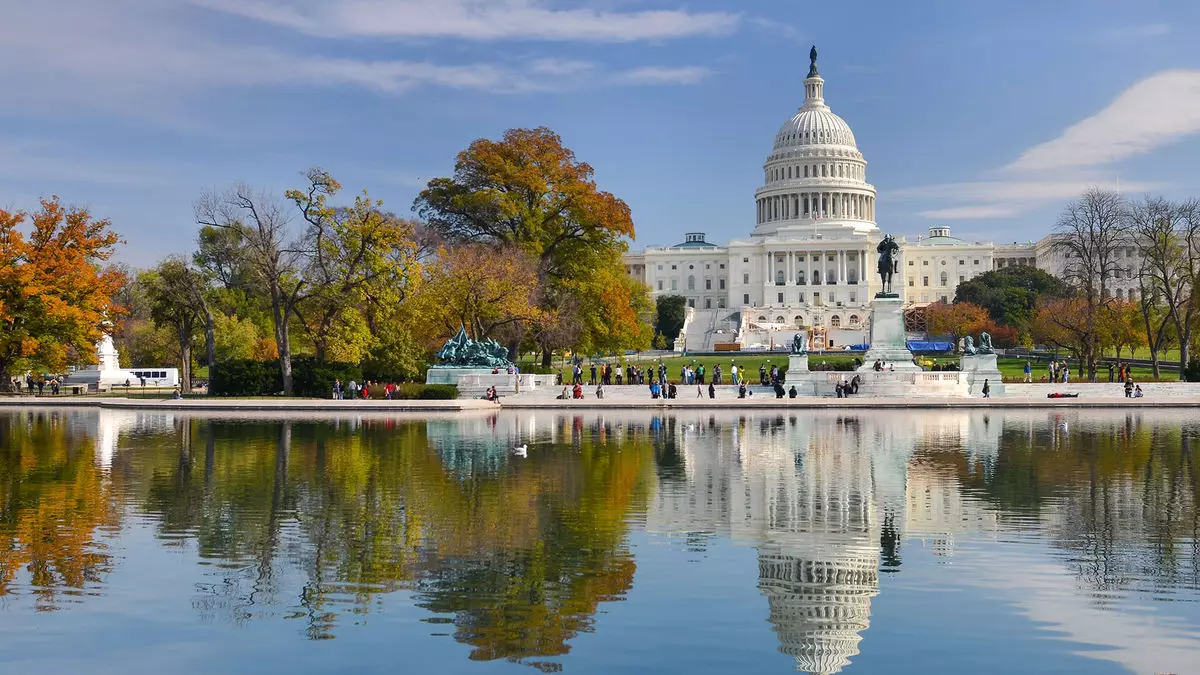As the political landscape shifts in the United States with Donald Trump’s return to leadership, the travel sector stands on the precipice of significant transformations. Historical patterns suggest that changes in administration can lead to abrupt shifts in policy, and the upcoming Trump administration is no exception. Analysts, including travel expert Gary Leff from the View From the Wing blog, are already indicating that this period will be marked by a departure from established norms and practices.
One of the most critical areas of potential change lies in the realm of border control and immigration policies. Trump’s first administration was notable for its stringent immigration policies, and this time might continue or even intensify that trend. Leff has articulated concerns that enhanced scrutiny at airports could hinder the flow of international travelers. For inbound tourism, which is already navigating the recovery path post-pandemic, this shift could pose serious challenges. The Biden administration had made strides in addressing visa backlogs, a priority for the U.S. Travel Association, but changes in leadership may prioritize alternative agendas, further complicating the situation for prospective travelers.
Trump’s foreign policy approach is characterized by a more aggressive stance towards several nations, including China. Leff noted that ongoing trade tensions with China are likely to impede a robust recovery in travel between the U.S. and its Asian counterpart. This situation further exacerbates an already struggling tourism market, which has yet to return to pre-pandemic flight traffic levels. A more isolationist foreign policy could entail reduced support for visa-free travel agreements and increased friction that may dissuade potential travelers from visiting the U.S.
In terms of airline operations, the change in administration may herald a resurgence in mergers and acquisitions that could reshape the competitive landscape. Some analysts believe that a Trump-led Justice Department would take a more lenient approach toward airline consolidations compared to the Biden administration, which has been notably aggressive in prosecuting antitrust cases involving airlines. The prosecution of the JetBlue-Spirit merger and the breakup of the JetBlue-American Airlines Northeast alliance are indicative of the regulatory climate under Biden. However, Lucinda Guthrie from Mergermarket posits that the new administration may create an environment ripe for airline mergers, potentially revitalizing an industry seeking synergies and scale to recover from the pandemic’s toll.
The regulatory approach towards ancillary fees – often a subject of heated debate – may also change. Biden’s era has seen significant enforcement actions against airlines for consumer rights violations, and some fear that a new administration could roll back this progress. The ongoing scrutiny into loyalty programs and proposed compensation for delays and cancellations could face delays or complete cessation under new regulatory oversight, raising concerns for consumer advocacy groups fighting for transparency and fair treatment in air travel.
While administrative changes will undoubtedly reshape travel regulations, the legislative framework established during recent years may offer some stability. Many policies crafted in bipartisan efforts, such as the Infrastructure Investment and Jobs Act, have garnered significant support from various political factions. As the Biden administration’s proactive stance on infrastructure improvements aligns with broader economic interests, Trump might find it strategically favorable to build upon such bipartisan legislation rather than repealing it outright. The popularity of infrastructure investment—evident from polls showing 65% public approval—indicates that significant changes to these policies may not align with the interests of a considerable portion of American voters.
The legislative success of measures aimed at consumer protection, like the Junk Fee Prevention Act, suggests that certain reforms may withstand attempts at rollback, even under a new administration. The social and economic repercussions of excessive „junk fees“ resonate with the electorate, making these consumer-centered policies less susceptible to partisan antagonism.
As the Trump administration prepares to reshape the travel landscape in various ways, stakeholders within the travel industry, from airline executives to tourism boards, must brace for volatility. The implications for inbound travel due to stricter border control, the prospect of increased consolidation among airlines, and the potential stall in consumer protections create a complex scenario. While some existing frameworks may offer resilience against drastic changes, the overall uncertainty surrounding the political climate and economic recovery means that the future of travel policy remains a closely monitored and fluid issue. Industry experts will likely watch developments on both domestic and international fronts as the new administration begins to carve out its policy priorities.


Napsat komentář